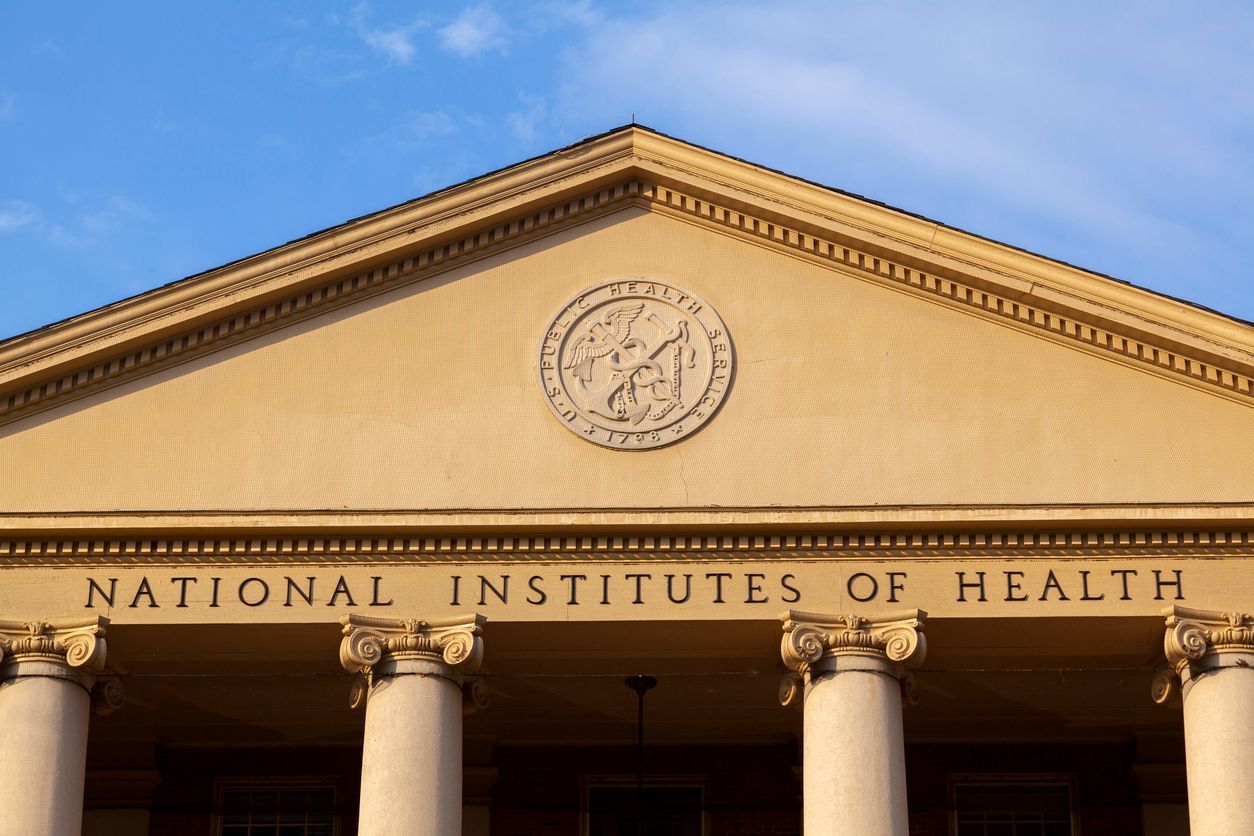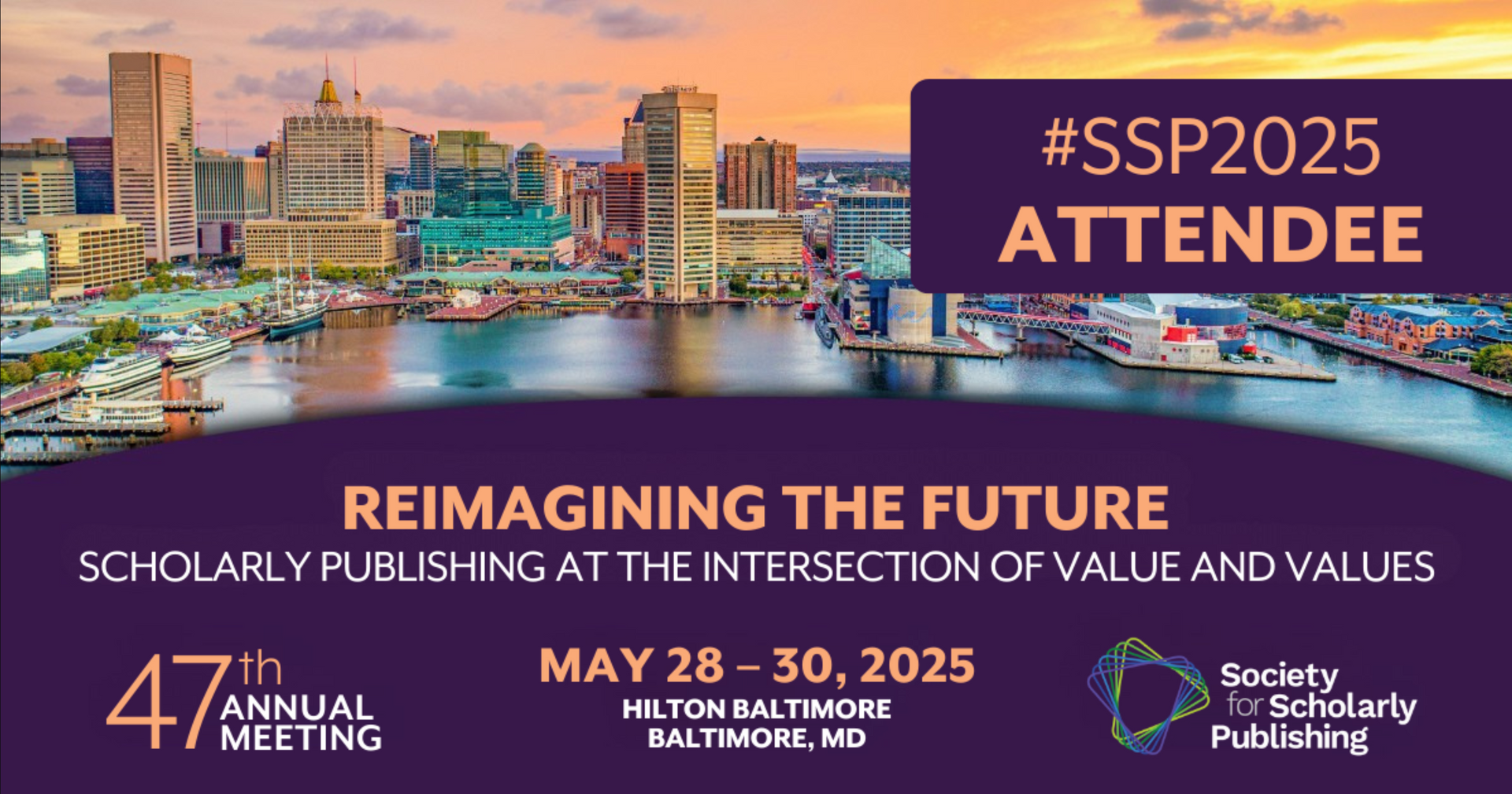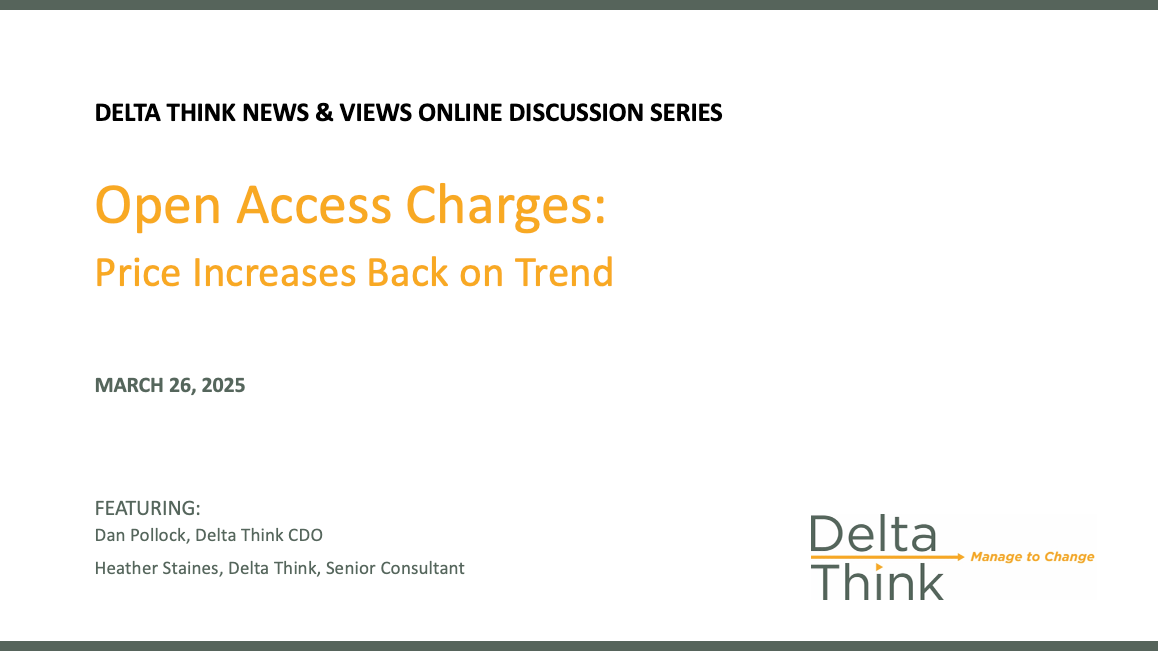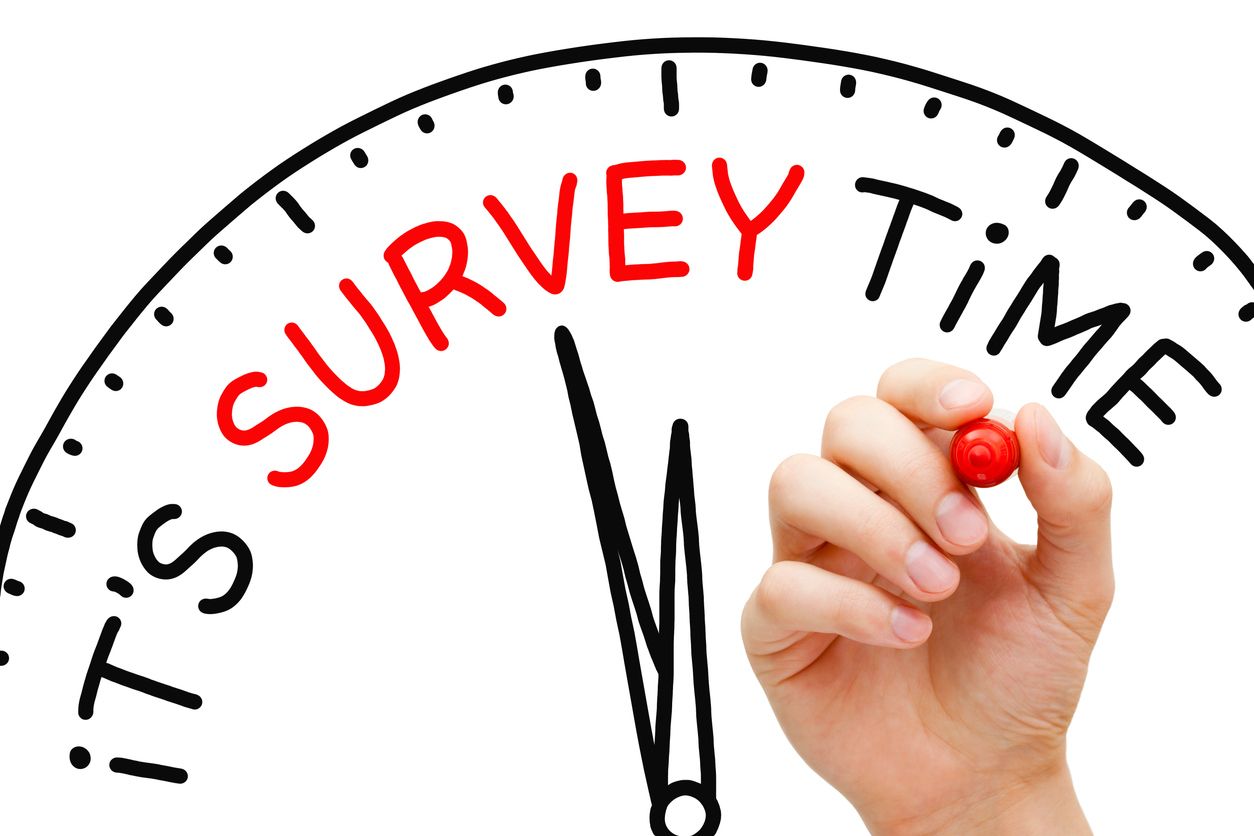News & Views: In Research We Trust
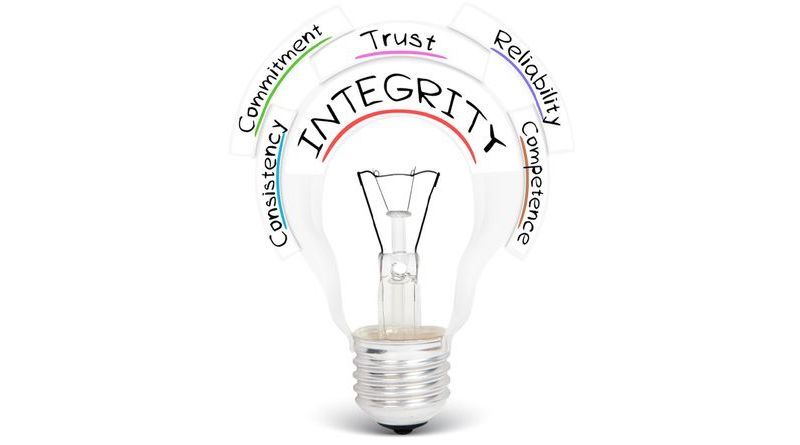
In Research We Trust
By Meg White and Heather Staines
The Traditional Role of Publishers
Maya Angelou famously said “Do the best you can until you know better. Then when you know better, do better.”
Professor Angelou probably did not have scholarship or science top of mind when she made this observation, but in truth, this statement gives a concise summary of how scholarship works: it is a constant evolution of ideas - one discovery built upon another - hypotheses and ideas are tested, validated, and retested to gain consensus. Scholars and scientists constantly challenge, probe, and replicate in order to advance human knowledge and discovery.
Publishers have long played a significant role in the creation and dissemination of scholarly information, with a key goal being to ensure the validity and efficacy of the works that they publish. Publication in a scholarly journal is a “stamp of approval” from the most learned minds in a specific field. Collaborating with scholars and researchers, publishers provide peer review, work to uncover false or misleading data and information, and endeavor to expose “bad” scholarship or science so that quality research shines through. However, the growing number of high-profile cases ranging from plagiarism to outright fraud have raised questions about the effectiveness of the systems currently in place to ensure research integrity. Is scholarship facing an integrity crisis, and if so, what can be done to regain trust in the system?
Challenges on Multiple Fronts
The Expanding Ecosystem
From increased funding levels to the globalization of research, the pace of discovery and knowledge expansion has never been greater. Since 2010, the total number of scholarly papers published has more than doubled, from approximately 2.4M to nearly 5M (Source: Delta Think OA DAT Annual Market Sizing Update 2023). Some of this growth can be attributed to a more global and diverse author pool, with papers from authors in the Global South growing from just less than 25% to around 45% of total published output (Source: Delta Think OA DAT Annual Market Sizing Update 2023). While this expansion contributes to a more inclusive landscape, this rapid growth is stressing the existing peer review infrastructure. In a time when scholarship is exploding across multiple fields at an unprecedented rate, even small publishers and societies need to operate at scale in order to keep pace.
Technology and Artificial Intelligence
For all of its benefits, artificial intelligence is creating an entirely new class of challenges, such as text and image generation and manipulation which defy detection via traditional development and review processes. Frontiers recently retracted a paper that included AI-generated images after it went viral. Temple University launched an ongoing internal investigation in 2021, at the request of the US Office of Research Integrity (ORI), into alleged data manipulation. However, while technology helps create challenges, it can also be part of the solution. To combat fraud, Science recently announced plans to use AI-powered proofing to help identify suspicious images. All of this leads to the question: has the amount of fraud and bad scholarship actually risen as a percent of the overall scholarly record, or does technology simply provide the tools to identify it more efficiently? The answer is probably yes and yes. Is technology the problem and the solution at the same time? Yes and yes here as well.
Publishers in a Leadership Role
Publishers can and should lead on research integrity. This challenge also presents an opportunity. At a time when some in the scholarly community openly question the value of a traditional publisher, what publishers have always done well – contribute to and support the integrity of the scholarly record – is MORE critical than ever. Publishers can play a unique role by building upon existing systems and processes and collaborating to create and utilize new tools that help ensure the integrity of the content that they create and disseminate. If done well, the publisher brand and the authority it confers will continue to be the “stamp of approval” for vetted science and scholarship, even as “bad” or “questionable” content continues to proliferate.
It’s Everyone’s Job
We can all contribute to ensuring trust in the integrity of the scholarly record. Many new tools will help publishers leverage their experience and “best practices” as good stewards in the scholarly information ecosystem, as well as innovate to ensure that their processes are ready to meet new challenges.
- Bibliometric tools and databases such as Dimensions, Web of Science, and Scopus (and even our own Data & Analytics Tool) help publishers explore citation metrics and research analytics, while providing more transparency around research output.
- New fit-for-purpose tools such as Signals and the Papermill Alarm from Clear Skies, among the many the AI initiatives highlighted at the recent STM Innovations Day, help researchers, editors, and publishers detect and prevent publication fraud by looking at researcher profiles, collaboration, or submission patterns.
- Image duplication and manipulation tools like Proofig and Imagetwin make it easier than ever before to check for faulty research practices or fraud.
New players, as well as long-standing initiatives, are focusing efforts and resources on combating predatory practices.
- STM’s Integrity Hub is designed to help publishers “effectively and efficiently respond to the increasing and alarming volume of materials entering scholarly communications that violate accepted research integrity.”
- United2Act is a global coalition of commercial and non-profit publishers and societies focused on exposing paper mills, and it is working to establish shared tools and resources in support of integrity in the scholarly publishing process.
- COPE, a long-time advocate for ethics in publishing, recently published a position statement calling for immediate action against paper mills and in support of United2Act.
- Watchdog groups such as Retraction Watch, recently acquired by Crossref, and PubPeer, a post-publication peer review effort, have helped shine a light on fraudulent papers and publications.
Conclusion: Progress, Not Perfection
Where do we go from here? Scholarship is not now and has never been a perfect system. Self-correction is a feature, not a bug. Fraud has always existed, theories are disproven – scholarship continues apace as new discoveries are made and new knowledge gained. Publishers have an opportunity to play a critical role in this process by clearly defining their value as guardians and defenders of integrity in research and scholarship. What questions is your organization focusing upon now in this critical space? What tools are you interested in exploring? How can you combine your expertise and resources with others to further your mission?
Let’s Talk
Delta Think helps publishers, professional societies, technology companies, startups and others find their place in the rapidly transforming scholarly communication ecosystem. From sustainability, to research integrity, to diversity, equity and inclusion, our experience is your opportunity. We’d love to share more about what we are seeing and hearing in the world of scholarly communication, and how your organization can manage to change this fast-moving landscape. Contact us today to get the conversation started.
This article is © 2024 Delta Think, Inc. It is published under a Creative Commons Attribution-NonCommercial 4.0 International License. Please do get in touch if you want to use it in other contexts – we’re usually pretty accommodating.
